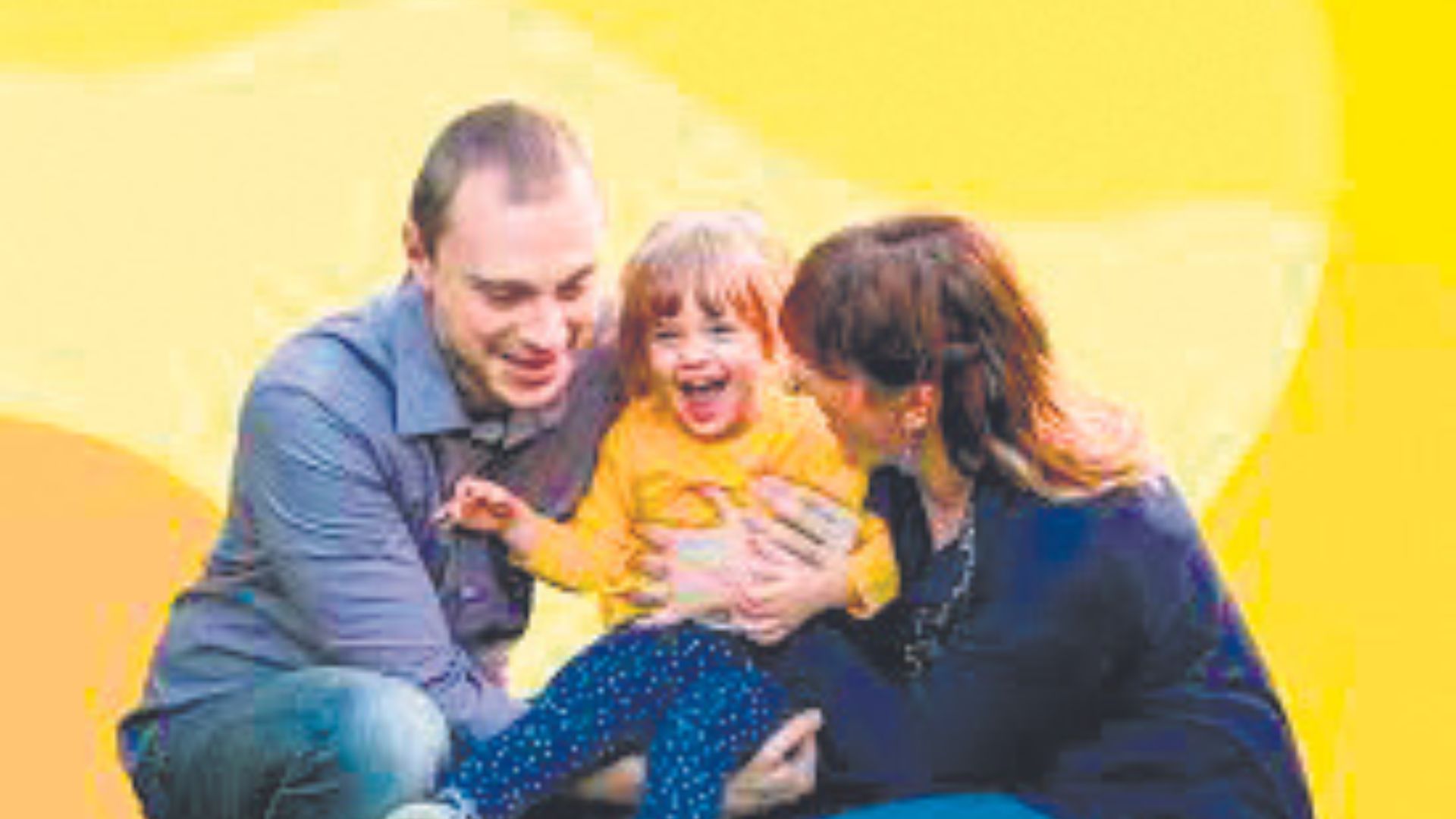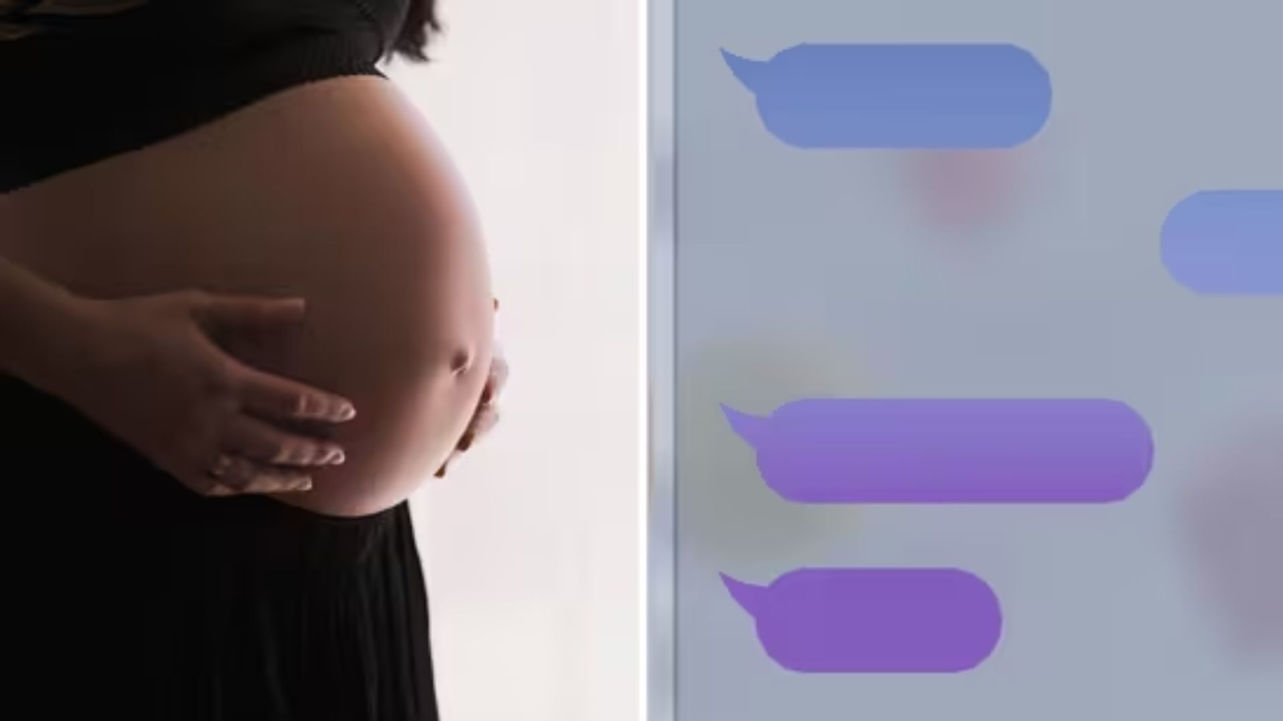
Motherhood, once seen through a narrow lens of traditional roles and expectations, is undergoing a profound transformation in the modern age. As societal norms shift and gender roles evolve, women are increasingly empowered to define motherhood on their own terms, forging diverse paths that reflect their individual values, aspirations, and circumstances. In the age of parenting, the notion of what it means to be a mother is being redefined, allowing women to embrace a spectrum of experiences and choices that transcend conventional stereotypes.
Gone are the days when motherhood was synonymous with sacrificing one’s identity and ambitions at the altar of domesticity. Today, mothers are reclaiming their autonomy and agency, navigating the complexities of work, family, and self-care with a newfound sense of empowerment. Whether they are pursuing careers, starting businesses, or engaging in activism, women are demonstrating that motherhood is not a one-size-fits-all proposition, but rather a multifaceted journey shaped by individual circumstances and aspirations.
One of the most significant shifts in the modern understanding of motherhood is the recognition of diverse family structures and parenting arrangements. In today’s society, families come in all shapes and sizes, from single-parent households to LGBTQ+ families to co-parenting arrangements among friends or relatives. The traditional nuclear family model is no longer the norm, and mothers are embracing alternative paths to parenthood that reflect their unique circumstances and values.
In addition to redefining family structures, modern mothers are also challenging traditional gender roles and expectations within the household. The burden of caregiving and domestic labor has historically fallen disproportionately on women, leading to the phenomenon known as the “second shift,” where women are expected to juggle career responsibilities with household chores and childcare. However, a growing number of fathers are stepping up to share in the responsibilities of parenting and housework, contributing to a more equitable division of labor within the home. Moreover, advancements in technology and changes in workplace culture have enabled mothers to pursue their professional ambitions without sacrificing their roles as caregivers. Flexible work arrangements, remote work opportunities, and supportive policies such as parental leave and on-site childcare have made it easier for women to balance their career aspirations with their responsibilities as mothers. Additionally, the rise of the gig economy and entrepreneurship has provided mothers with alternative pathways to financial independence and professional fulfillment.
Furthermore, the digital age has opened up new avenues for mothers to connect, collaborate, and find support in online communities and social media networks. From parenting forums and online support groups to Instagram influencers and mommy bloggers, mothers are leveraging technology to share their experiences, seek advice, and build networks of solidarity. These digital platforms provide a space for mothers to amplify their voices, challenge societal norms, and advocate for social change on issues ranging from maternal healthcare to breastfeeding to work-family balance. However, despite these advancements, the journey of motherhood in the modern age is not without its challenges. Persistent gender inequalities, societal stigmas, and systemic barriers continue to shape the experiences of mothers in profound ways. Women of color, low-income women, and LGBTQ+ mothers, in particular, face intersecting forms of discrimination and marginalization that impact their access to resources, opportunities, and support systems.
Moreover, the pressure to conform to idealized standards of motherhood perpetuated by mainstream media and popular culture can lead to feelings of inadequacy, guilt, and self-doubt. The myth of the “perfect mother” who effortlessly balances work, family, and personal life is not only unrealistic but also harmful, as it undermines the diverse experiences and realities of mothers everywhere. In conclusion, the age of parenting represents a seismic shift in our understanding of motherhood, offering women unprecedented opportunities to define their own paths and identities as mothers.
From embracing diverse family structures to challenging traditional gender roles to leveraging technology for support and advocacy, modern mothers are reshaping the landscape of motherhood in profound ways. As we continue to navigate the complexities of parenthood in the 21st century, let us celebrate the diversity, resilience, and strength of mothers everywhere who are choosing their own paths and redefining what it means to be a mother in today’s world.















